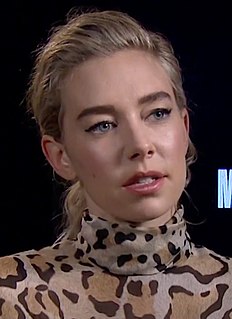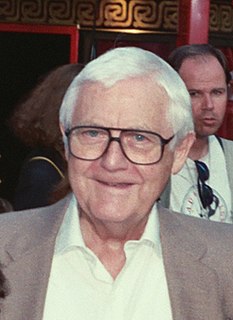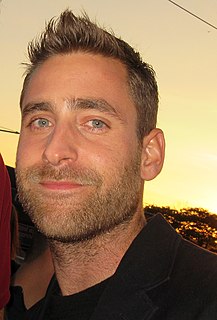A Quote by Asif Kapadia
On 'Senna,' it got to the point where there was so much footage that our first editor had the wild suggestion that we only use the archive.
Related Quotes
I found a lot of stuff that's never been seen before. That was the goal: to not use cliché Cold War footage but give people a sense of the place and setting. It's a field you still need. At first it was a lot of fun, and then later it became a little bit intimidating. "Oh my God, I've got so much footage. Where am I going to put it? What am I going to do?" I ended up really only reviewing about 20 to 30 percent of what I had. So it was a task.
There's this kind of incredibly mistaken idea that because it's so much cheaper to roll the camera than it used to be and it's so much easier to accumulate a ton of footage, that then you can just go shoot a ton of footage and the editor will make sense out of it. But if you don't have something deliberate made, you're not gonna save it in the editing room.
My last point about getting started as a writer: do something first, good or bad, successful or not, and write it up before approaching an editor. The best introduction to an editor is your own written work, published or not. I traveled across Siberia on my own money before ever approaching an editor; I wrote my first book, Siberian Dawn, without knowing a single editor, with no idea of how to get it published. I had to risk my life on the Congo before selling my first magazine story. If the rebel spirit dwells within you, you won't wait for an invitation, you'll invade and take no hostages.
A perfect movie is a different thing, but a funny movie is easy. I was really happy that I got everyone that I got. Everybody got to play to their strengths and was paired up in the right scenarios. It was very fortunate. It was exciting, the whole process. It makes more difficulty in editing 'cause there's more footage, but the guy I had handle it was a documentarian editor for a long time, so it was very useful.
I didn't grow up with [Buckminster Fuller]. I never met him. I was once close to meeting him as a child at a ski resort one summer. He died in 1983. Only in 1999 or so, 2000, when I was working as an editor at San Francisco Magazine, did I really come back around to that name because Stanford University had just acquired the archive.


































